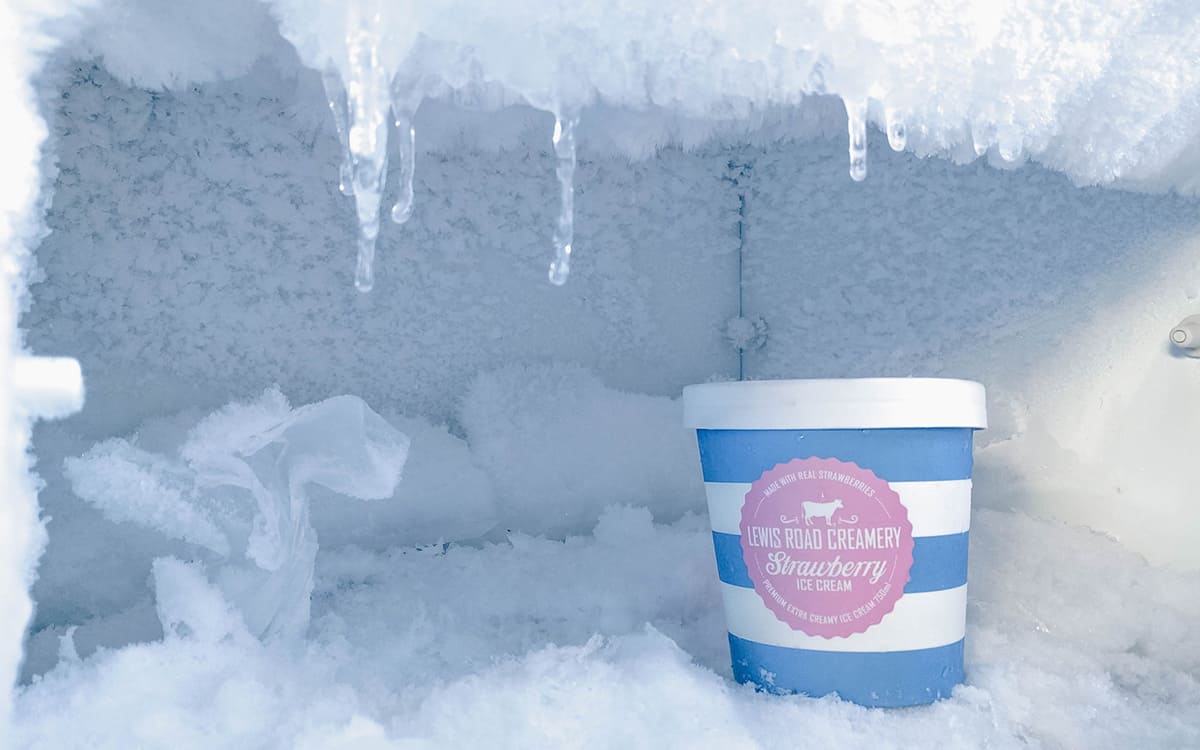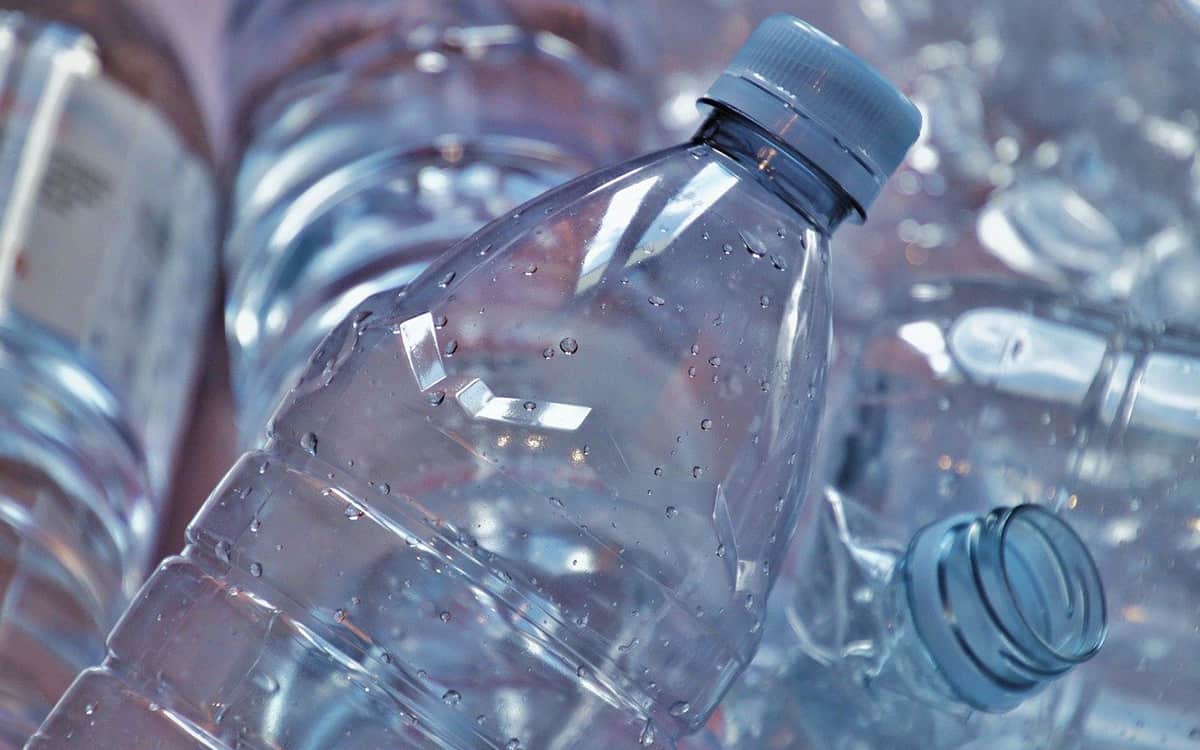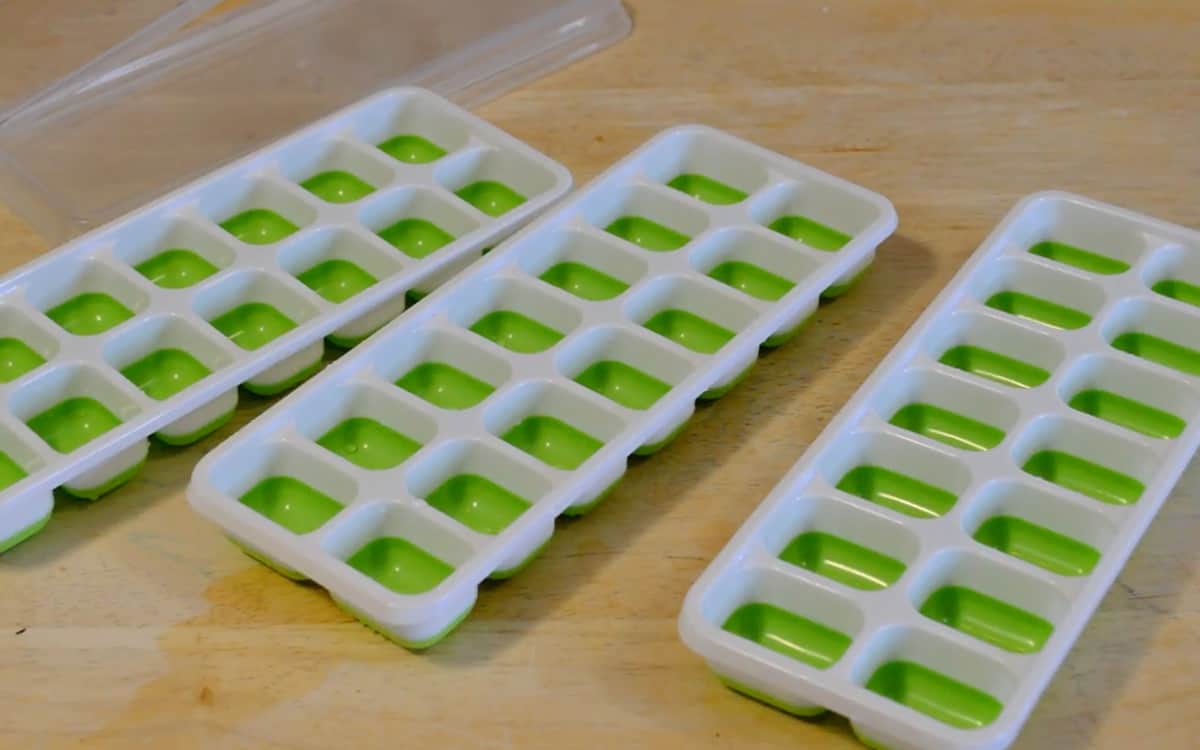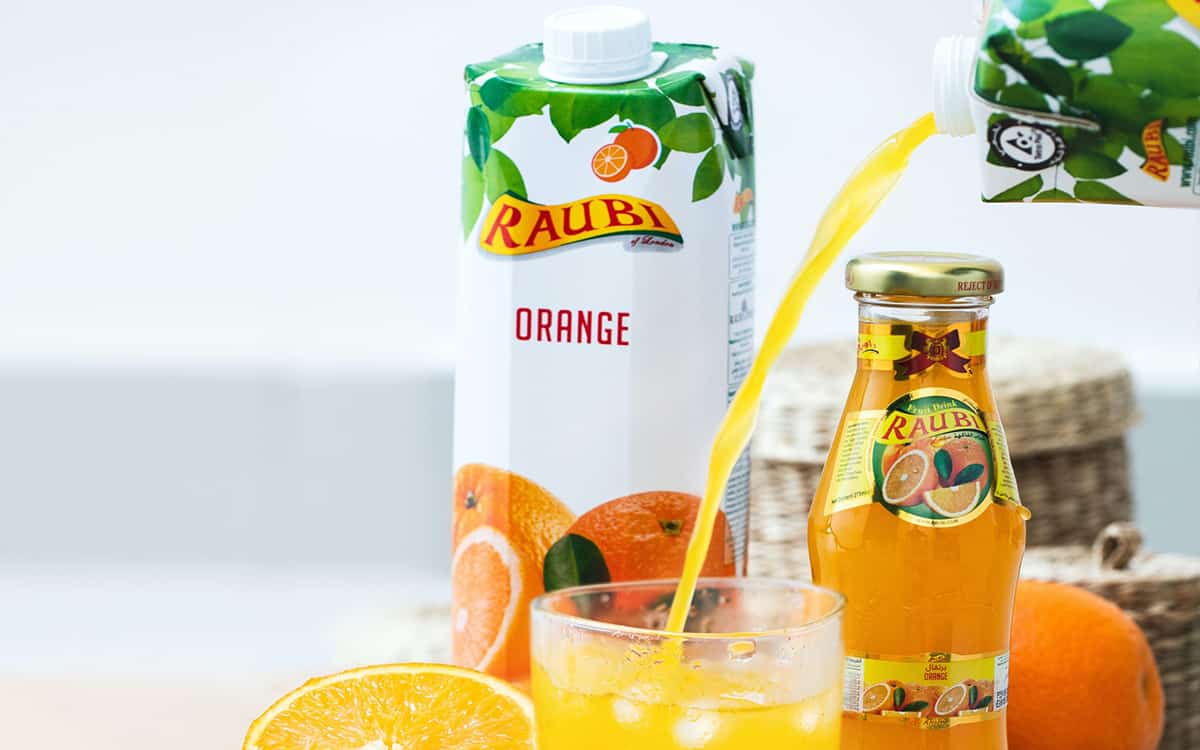Fresh fruits and vegetables can become a rarity during troubled times. Freezing foodstuffs is a good way to prepare for when SHTF as long as the electricity stays up, or a backup source of power is established. To save space, preppers can also extract the juice from the fruit before freezing.
Orange juice can be frozen in the following containers:
- Rigid plastic containers
- Moisture, and vapor-proof flexible plastic bags
- Airtight containers
- Ice tray
- Mason Jars
- Tempered glass containers
- In its original cardboard carton (for store-bought orange juice)
General Pointers for Freezing

- Any liquid that’s frozen expands and has the potential to break or damage its container. As such, a headroom for expansion is advised for rigid and glass containers. Even though you can freeze in a glass jar, not all jars can withstand the extreme freezer temperature.
- Hot food or liquid should not be placed immediately in the freezer. They should be cooled to room temperature before freezing, to prevent lowering the freezer’s internal temperature.
- When placing warm food in the freezer, leave a space between the containers to facilitate airflow. If stored close together, warm food will take a longer time to freeze. When completely frozen, the food can be packed tightly to create more space.
- Taking note of the pointer above, room temperature food that has been packed and sealed should be immediately frozen to preserve its quality.
- The best freezer temperature for prolonged storage is 0 oF (-17.7 oC). Any higher will not freeze the food or liquid fast enough and can affect the quality of the frozen food.
- Label and mark the date when the food was frozen. It’s best to follow the first in, first out policy when using any stored food.
- For an upright freezer, the coldest parts are at the top where the cold air comes out, and at the bottom. For chest type freezers, the coldest is at the bottom. The closer the food to the surface or door, the warmer the temperature is. Chest type freezers are better at retaining the cold temperature as long its the door is kept shut.
Freezing Orange Juice
Preppers who prefer to freeze freshly squeezed juice should strain the pulp and only freeze the liquid. The pulp tends to degrade faster than the juice even when frozen. As a rule, juices should not be stored in quantities of more than 1 quart. Large amounts of liquid freeze slower, which can affect the quality of the frozen product.
Aside from the possibility of becoming a rarity, preppers and survivalists can also use orange juice as a source of Vitamin C. Freezing will not immediately destroy this vitamin, though prolonged storage can result in its degradation.
-
Freezer Safe Rigid Plastic Containers

Orange juice can be frozen in rigid plastic containers as long as it is made from freezer-safe plastic. These include polyethylene (PET), high-density polyethylene (HDPE or PE-HD), and low-density polyethylene (LDPE or PE-LD). Other types of plastic should not be used because they become brittle at low temperatures.
To identify what type of plastic your container is made of, look for a triangle sign with a number in the middle. The triangular sign is not the recyclable symbol, and the number does not indicate how many times a container can be used. It is a resin identification code that identifies what kind of plastic the object is made of. PET is number 1, HDPE is 2, and LDPE is 4. This icon is generally found at the bottom of containers.
When freezing juices, make sure to leave a headroom of at least ½ inches for a pint (570ml), and 1 inch for a quart (950ml). Before sealing, make sure there is no liquid along the mouth of the container to ensure a tight fit. If the lid is loose, a freezer tape can be used to make the container airtight.
-
Moisture and Vapor Proof Plastic Bags
Regular plastic bags should not be used in freezing. The reason is that moisture and air can penetrate the bag, possibly spoiling the juice. This is why a plastic bag that is rated as moisture and vapor-proof should be used instead.
When storing orange juice using this method, do not seal the bag too tightly. Even though these bags are flexible, sealing them tightly removes room where the liquid can expand, which can result in the bag bursting when frozen.
-
Ice Tray

Orange juices can be frozen in ice trays. When completely frozen, the cubes can be transferred to a rigid container, or a moisture and vapor-proof bag. Make sure to keep the container airtight after filling it with the cubes.
-
Tempered Glass Containers
When freezing in a glass container, check beforehand if it is made of tempered glass. Regular glass is not rated for extreme temperatures and will easily break when frozen compared to a sturdier tempered glass like a Pyrex glassware. A glass mason jar that is rated for canning and freezing can also be used.
When using jars, it’s best to use the wide-mouth, dual-purpose ones for freezing and canning instead of the narrow mouth versions. If using a standard canning jar with a narrow mouth, double the headroom space to avoid breaking the glass. This jar design is prone to breaking by its neck when its liquid contents freeze and expand.
After filling the glass containers, make sure the mouth is completely clean and dry. Screw on the lid tightly, and immediately store it in the freezer. If using a container that doesn’t have a screw-on lid, tightly close the container and use a freezer tape for loose-fitting ones.
-
Cardboard Carton aka Tetra Pak

Store-bought boxed orange juices can also be frozen. Cardboard carton packs are safe for freezing and are also moisture, and vapor-proof. When freezing carton boxes whether it comes with a resealable cap or not, it’s best to free up some of the end flaps to create room for the expanding liquid. This ensures that the carton boxes don’t burst open when frozen.
Shelf Life
Frozen orange juice retains its best quality for up to 8 to 12 months. All frozen food is safe for consumption indefinitely, however, it will start losing flavor, and quality when past the frozen shelf life.
Thawing
Frozen food, even orange juices should be thawed properly. Even though frozen food remains safe indefinitely when frozen, during the thawing process, if the temperature becomes warmer than 40 oF (4.4 oC), any bacteria that may have been present before freezing can start multiplying.
It is best to avoid thawing food at room temperature or in a hot water bath. Even though the core remains frozen, the outer layer can enter the Danger Zone. This zone is the temperature between 40 to 140°F (4.4 to 60 oC), where bacteria most actively multiply.
To completely thaw orange juice, it can be left in the refrigerator overnight. It can also be thawed in a cold-water bath, but the water should be changed every 30 minutes. Thawing orange juice in the microwave is not advised because heating it too much destroys the Vitamin C.
Other Fruit Juices
Preppers and survivalists should know that the methods described here apply to all other types of fruit juice. As long as the pulp or the flesh are not included, the same frozen shelf-life of 8 to 12 months is expected.
